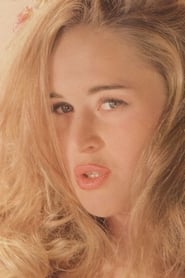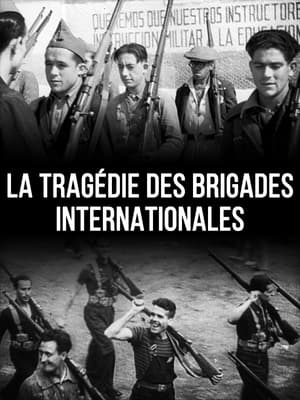

Costa Natura - Naked Village(2001)
Documentary on the life of naturists on a resort in Spain.
Movie: Costa Natura - Naked Village
Top 6 Billed Cast
Self - Presenter
Self - Naturist
Self - Presenter / Katarina's Husband
Self - Presenter
Self

Costa Natura - Naked Village
HomePage
Overview
Documentary on the life of naturists on a resort in Spain.
Release Date
2001-06-01
Average
0
Rating:
0.0 startsTagline
Genres
Languages:
EspañolEnglishKeywords
Similar Movies
 7.0
7.0Land Without Bread(es)
An exploration —manipulated and staged— of life in Las Hurdes, in the province of Cáceres, in Extremadura, Spain, as it was in 1932. Insalubrity, misery and lack of opportunities provoke the emigration of young people and the solitude of those who remain in the desolation of one of the poorest and least developed Spanish regions at that time.
 0.0
0.0In Battle Against the Enemy of the World: German Volunteers in Spain(de)
Nazi propaganda film about the Condor Legion, a unit of German "volunteers" who fought in the Spanish Civil War on the side of eventual dictator Francisco Franco against the elected government of Spain.
 6.7
6.7Full Metal Village(de)
The film describes the microcosmos of the small village Wacken and shows the clash of the cultures, before and during the biggest heavy metal festival in Europe.
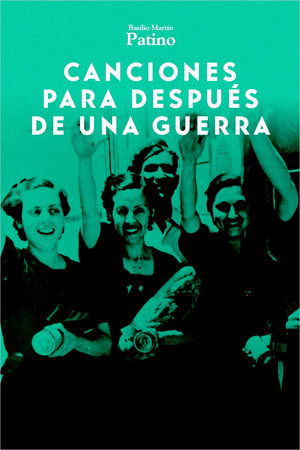 6.5
6.5Songs for After a War(es)
A particular reading of the hard years of famine, repression and censorship after the massacre of the Spanish Civil War (1936-39), through popular culture: songs, newspapers and magazines, movies and newsreels.
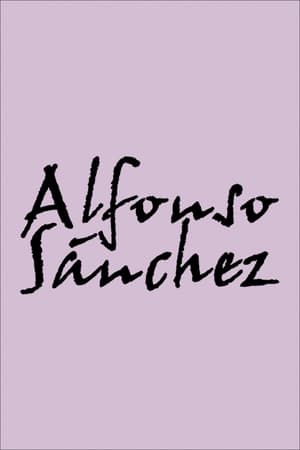 6.0
6.0Alfonso Sánchez(es)
Famous Spanish film critic Alfonso Sánchez talks about his personal life, his work and Anouk Aimée. A sentimental tribute to one of the most relevant figures on the Spanish film scene.
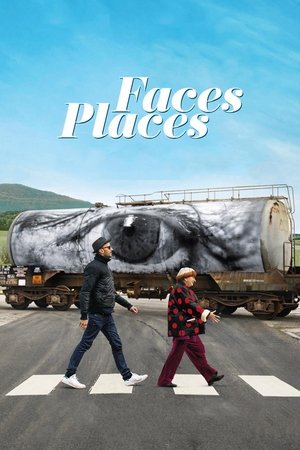 7.7
7.7Faces Places(fr)
Director Agnès Varda and photographer/muralist JR journey through rural France and form an unlikely friendship.
Orson Welles in Spain(en)
Orson Welles pitches to potential investors his vision of a largely improvised bullfighter movie about an existential, James Dean type troubadour who sets himself apart from other matadors. In front of an audience of wealthy arts patrons, Welles pontificates on the state of cinema, the filmmaking process, and the art of bullfighting.
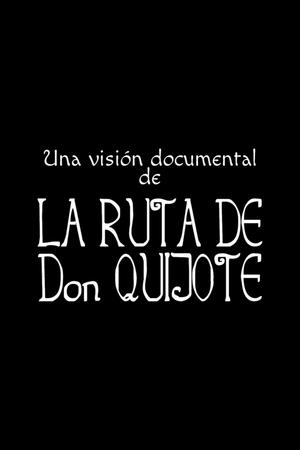 5.2
5.2La ruta de don Quijote(es)
A poetic journey through the paths and places of old Castile that were traveled and visited by the melancholic knight Don Quixote of La Mancha and his judicious squire Sancho Panza, the immortal characters of Miguel de Cervantes, which offers a candid depiction of rural life in Spain in the early 1930s and illustrates the first sentence of the first article of the Spanish Constitution of 1931, which proclaims that Spain is a democratic republic of workers of all kind.
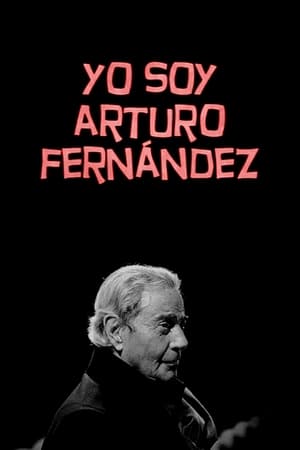 6.0
6.0Yo soy Arturo Fernández(es)
A gentle portrait of the mythical Spanish actor Arturo Fernández (1929-2019) in the hour of his passing, in his own words, through his latest interviews, not previously broadcast, and the words of those who knew him thorough decades of charming and good performance on stage, his true home, as well as in cinema and television.
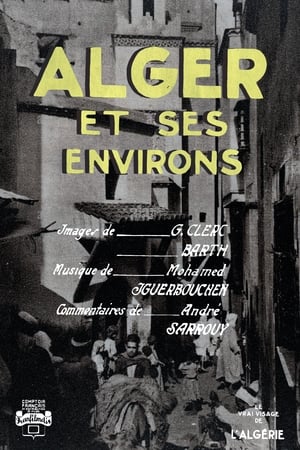 10.0
10.0Alger Et Ses Environs(fr)
The film, shot in 1938, is part of a series entitled “The true face of Algeria”. The film highlights the proximity of Algiers to Paris and promotes air travel. The commentary supporting the images highlights the urban dynamism (“Every day, a new skyscraper replaces a wasteland”) and the comparison with Paris (“Algiers is often nicknamed the Paris of North Africa because of its elegance become proverbial). Contemporary architectural achievements are described as the sign of “grandiose modernism”: “we love the new, the bold”. But the point does not forget the buildings illustrating “the Moorish, classic and attractive style”. The description of the Casbah also attempts to understand the architectural organization but also the diversity and even the atmosphere.
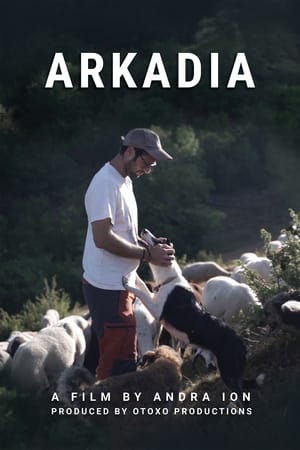 0.0
0.0Arkadia(en)
In a world where farming is mechanized and farm animals are fed with products coming from across the globe, a young shepherd is trying to keep his practice sustainable by using ancestral ways to raise his flock.
The Invisible Half: Luis García Berlanga's The Executioner(es)
Documentary about Spanish director Luis García Berlanga's "The Executioner" (1963)
 10.0
10.0Disney: Through the Looking Glass(es)
Tito del Amo, a passionate 72-year-old researcher, takes the final step to unravel the enigma about the alleged Spanish origin of the American cartoonist Walt Disney, making the same journey that his supposed mother made to give him up for adoption in Chicago. A journey that begins in Mojácar, Almería, Spain, and ends in New York. An exciting adventure, like Alicia's through the looking glass, to discover what is truth and what is not, with an unexpected result.
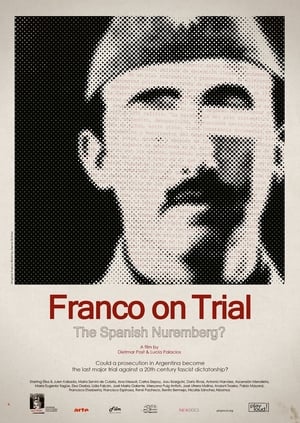 0.0
0.0Franco on Trial: The Spanish Nuremberg?(en)
Franco on Trial is the new film by Dietmar Post and Lucía Palacios. After the success of Franco's Settlers, their first encounter with Franco's dictatorship, they are now setting their sights on one of the darkest chapters of European history: the presumed organized extermination that took place during the coup, the war, and the subsequent dictatorship led by Franco, as well as Argentina's current effort, by invoking the principle of universal jurisdiction, to prosecute Francoists accused of committing crimes against humanity. The film is also a sore reminder of an issue that still stands today: the clear-cut accountability held by Germany, Italy, and Portugal. The film accomplishes to give both sides a voice - those against whom the killing has been directed; and the side of the perpetrators.
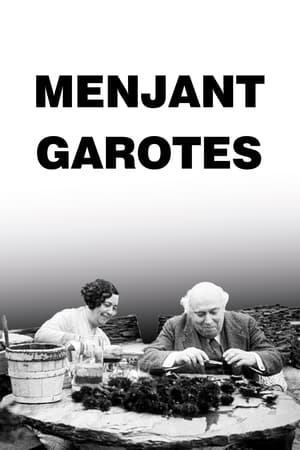 6.0
6.0Eating Sea Urchins(xx)
A surrealist home movie, filmed by Luis Buñuel in Cadaqués in 1930, focusing on Salvador Dalí's father and his wife.
 7.2
7.2El cuarto round(es)
Accompany Osvaldo, "El Mariana", on an intimate six-month journey as he prepares for his fight at La Velada del Año 4, at the Santiago Bernabéu stadium in Madrid. Through his training, we not only see him face physical and emotional challenges, but also discover new facets of himself, where his public and personal lives become deeply intertwined.
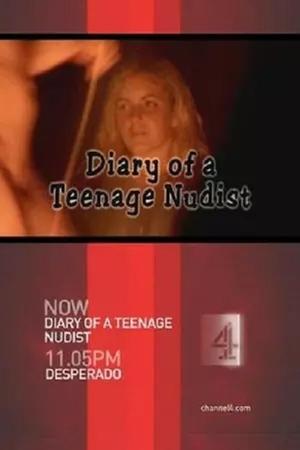 2.5
2.5Diary of a Teenage Nudist(en)
Documentary from the point of view of a now 18 year old girl who grew up in a nudist colony.
Gringo Trails(en)
Are tourists destroying the planet-or saving it? How do travelers change the remote places they visit, and how are they changed? From the Bolivian jungle to the party beaches of Thailand, and from the deserts of Timbuktu, Mali to the breathtaking beauty of Bhutan, GRINGO TRAILS traces stories over 30 years to show the dramatic long-term impact of tourism on cultures, economies, and the environment.
The World at Arm's Length(de)
Sven has a dream. Once in his life he wants to walk the Camino de Santiago - the Way of St. James. But that seems impossible, Sven has Usher syndrome, a disease which slowly, inexorably robs him of hearing and vision. Profoundly deaf and completely blind since 2010, he can only communicate using a special hearing aid in the spoken language.
